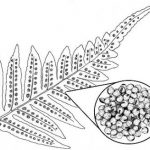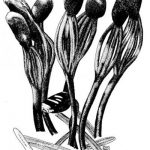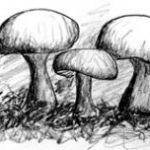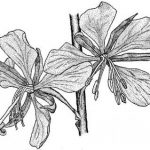It’s About Time – January 2013
Migration is the word for this month. The ponds and reservoirs in the valley are teeming with winter residents. Nothing makes having nice binoculars pay off more than feasting the eyes on the intricate patterns of a male green winged teal, shovelhead or bufflehead. I never get over the flash of amazement at how quickly a bufflehead can spin over and disappear under the water on a dive. Similarly startling is a cormorant suddenly coming up like a submarine periscope breaking a glassy surface. Continue reading



